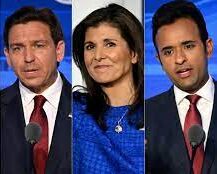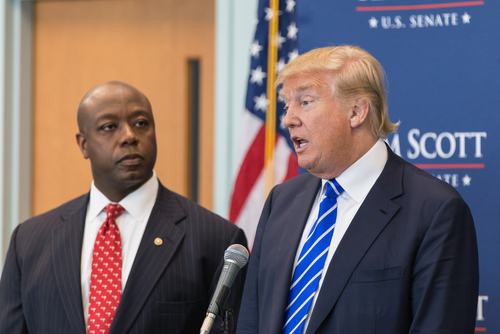
BOXING UPROAR – Genetic SEX TESTS MANDATED!
World Boxing’s recent mandatory sex testing policy for female boxers has ignited a firestorm of controversy, challenging traditional views on privacy and athletic integrity.
At a Glance
- World Boxing apologized for naming Imane Khelif in their sex testing policy announcement.
- The policy mandates genetic testing for female boxers over the age of 18.
- Critics argue the policy violates privacy and athlete rights.
- World Boxing aims to manage boxing qualifications for the upcoming 2028 Olympics.
Policy Details and Implications
Beginning in June 2025, World Boxing has implemented a policy requiring female athletes over the age of 18 to undergo genetic testing to ensure eligibility for female competitions. The policy has sparked significant backlash among athletes and boxing representatives globally, as the tests involve obtaining genetic material from saliva, blood, or swabs.
Imane Khelif, an Algerian Olympic gold medalist, became a focal point of the controversy. Her victory in the women’s 66kg category at the recent Paris Olympics followed a prior disqualification by IBA for failing a gender eligibility test. The International Olympic Committee later cleared her to compete, but debates regarding her inclusion continue.
Apology and Continued Scrutiny
World Boxing president Boris van der Vorst publicly apologized to Khelif, acknowledging a breach of her privacy. “I am writing to you all personally to offer a formal and sincere apology for this and acknowledge that her privacy should have been protected,” van der Vorst stated.
Despite the apology, Khelif remains under scrutiny, especially following reports suggesting she has XY chromosomes. However, she identifies as female and is an active advocate, continuing her work with UNICEF while planning to compete in the 2028 Olympics, despite various objections.
Future Outlook and Ethical Concerns
World Boxing holds provisional authority to oversee fighter qualifications for the 2028 Los Angeles Olympics. The policy’s insistence on strict genetic testing aims to ensure the safety of all participants and deliver a level playing field for men and women.
Despite the rationale, national representatives and critics raise ethical concerns about privacy rights and fairness, questioning whether the testing genuinely contributes to athlete safety. World Boxing’s future decisions will significantly impact the sport, requiring careful navigation of complex ethical landscapes.




